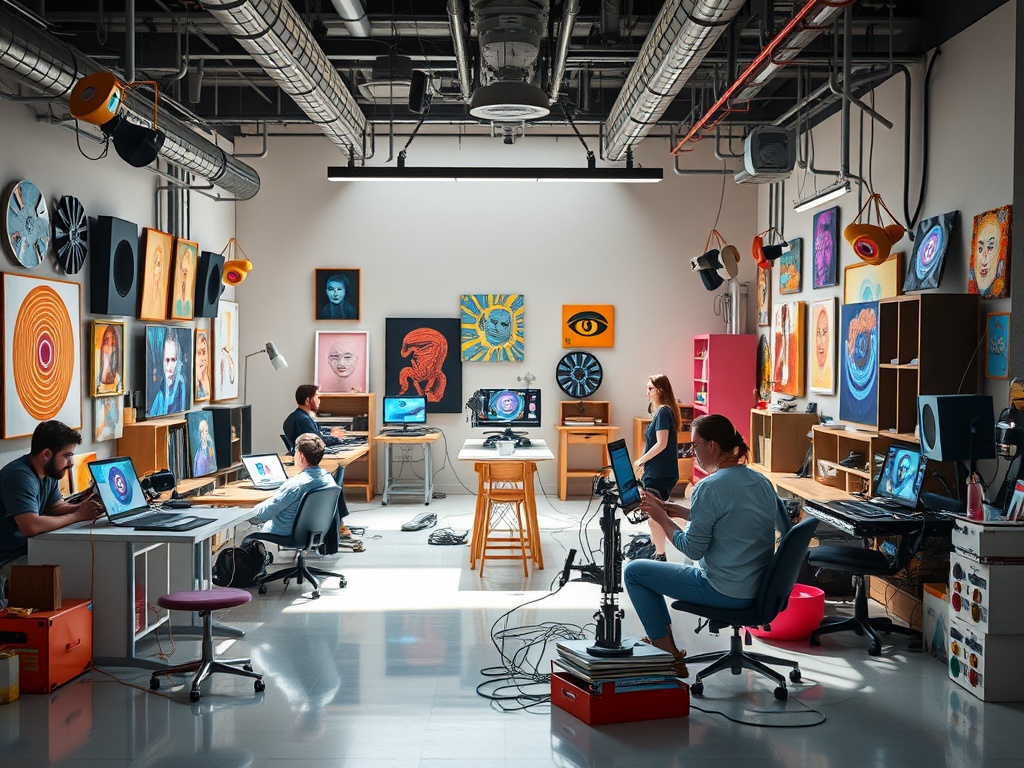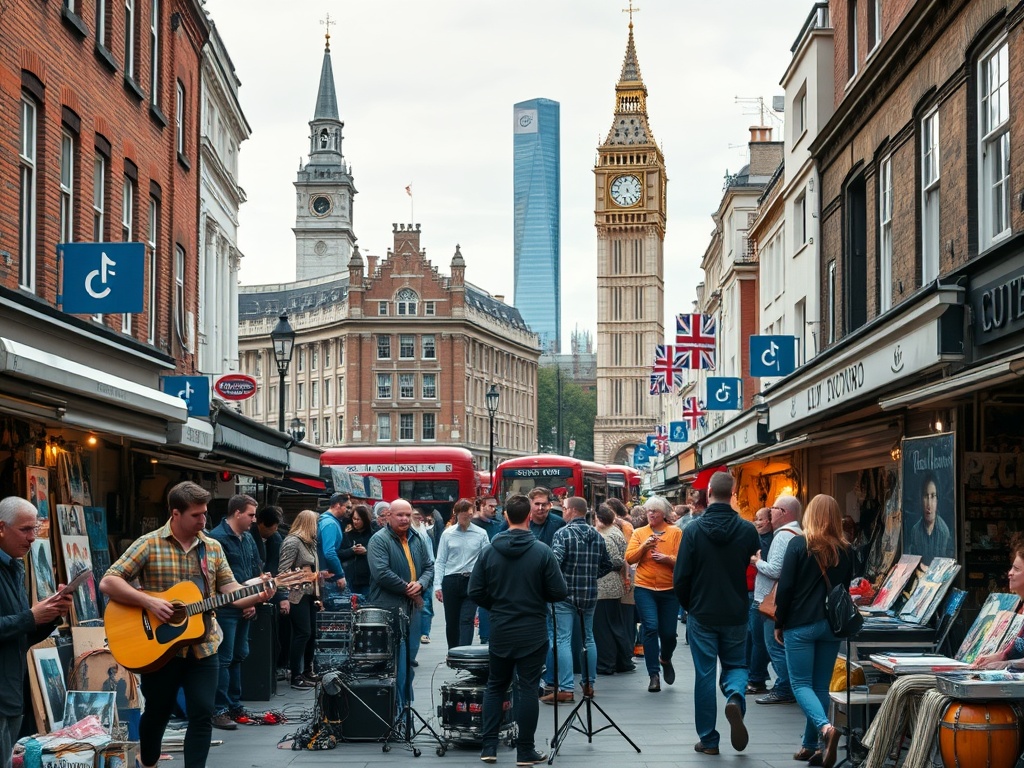Protecting Britain’s Creative Industries in the Age of AI

Britain’s creative sectors are a source of immense pride and serve as a benchmark for excellence worldwide. Over the past century, they have significantly contributed to the UK’s global soft power. The realms of music, film, television, literature, theater, audio, photography, visual arts, gaming, and high-quality journalism have all blossomed within the UK. This flourishing is no coincidence; it is the outcome of robust UK copyright laws designed to attract and nurture creative talent, ensuring that their work is valued for the long term.
Together, these creative industries contribute over £125 billion annually to the British economy, generating jobs and taxable revenue that bolster the UK rather than being funneled overseas. However, this success is now at risk as the Government appears poised to accommodate large technology firms that are at the forefront of the generative AI revolution.
While this new wave of artificial intelligence offers exciting potential, it does not require the unauthorized use of existing content. In a unified response, UK news brands have launched the Make It Fair campaign, advocating for the principle that content should only be utilized with proper consent and compensation.
Unfortunately, the Labour Party is looking to amend the country’s exemplary copyright laws, making it easier for AI companies to exploit British creative content without due payment or permission. This is not just a possibility; it is already illegal under UK law. The Government’s claims of “uncertainty” regarding British copyright law are misleading at best. In reality, the law is explicit: text and data mining, which involves scraping content to train AI models, is illegal for commercial purposes without a proper license.
Many of these tech companies enjoy astonishing profit margins. Asking them to make a modest concession should not stifle tech investment. Licensing is not just a legal requirement; it is a moral obligation.
Without adequate protections, the UK’s creative industries will struggle to survive. What incentive do creators have to produce high-quality content if it can be easily scraped, appropriated, and rehashed by a tech giant based in California? The Government has not sufficiently weighed the implications of these changes for the UK economy.
Currently, Britain boasts the second-largest creative industry in the world, alongside having the third-largest AI sector. In an extraordinary show of unity, every UK national newspaper and website has joined forces to combat this threat. We are supported by countless regional and local publications in a coordinated “takeover” of our front pages and website homepages to amplify our message.
Our demand is straightforward: the Government must uphold the law—specifically, the existing copyright laws—with genuine transparency and enforcement.
A Path to Mutual Benefit
There is a path forward that benefits both creators and AI firms. By safeguarding copyright, we can stimulate growth and create a sustainable foundation for coexistence. Copyrighted content serves as the essential fuel for AI models. Even after training, generative AI systems require access to timely, accurate content to produce relevant and factual outputs, avoiding the pitfalls of inaccuracies or outdated information.
The protest against this potential change extends beyond journalism. It resonates with musicians, filmmakers, writers, artists, and book publishers alike. Notable figures from the music industry, including Elton John, Kate Bush, Paul McCartney, Thom Yorke, and Simon Cowell, along with esteemed composers like Sir John Rutter and Max Richter, have voiced their opposition to these proposed alterations in copyright law.
Among UK news media, our collective stand unites publications such as The i Paper and Financial Times, The Guardian and Daily Star, among numerous others. This remarkable coalition highlights the scale of the threat we face.
There is something you can do to help. The proposed changes to the UK’s copyright law are at a critical juncture. Your voice can make a difference among MPs, who will soon deliberate and vote on this issue. If you are concerned about these developments, please take just 30 seconds to write to your MP at this link: creativerightsinai.eaction.org.uk/MP. Thank you for taking the time to advocate for the protection of our creative industries.




